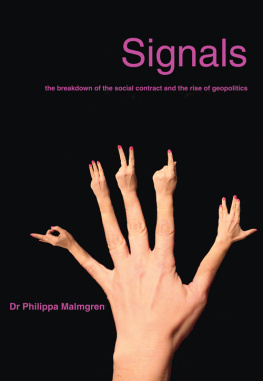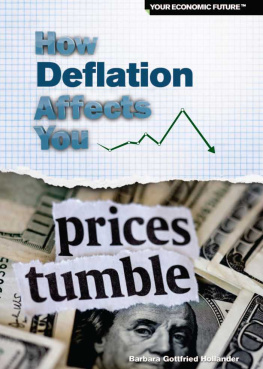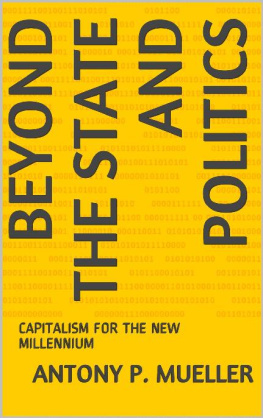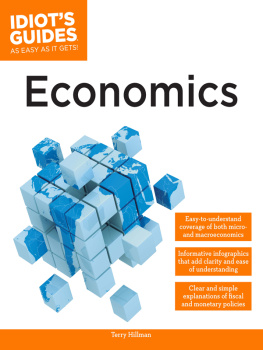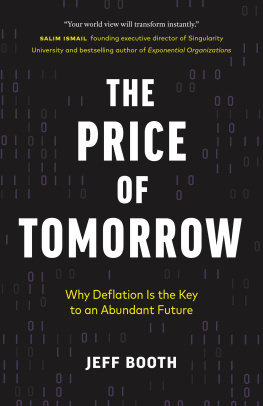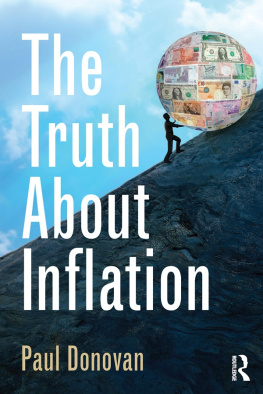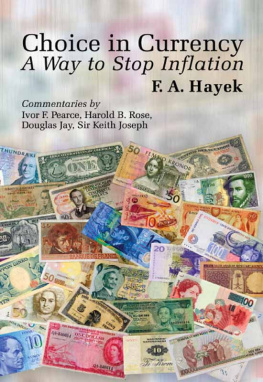
Table of Contents
Signals Comments
James Galbraith, Chair in Government/Business, University of Texas better than Piketty.
Rohan Bedi, 16 year old student absolutely loved reading it.
Dr. Tun Mahathir Mohamad, former Prime Minister of Malaysia for 22 years Dr. Pippa Malmgrens book is essential reading.
Sir Stuart Rose, former CEO and Chairman Marks and Spencer, says the ideas are a Tour de Force.
John Bruton, Former Prime Minister of Ireland an interesting topic and a great book.
Dr. Liam Fox, former British Defence Minister Pippas work is impressive and groundbreaking.
Toshio Fukui, Former Governor Bank of Japan fascinating, stimulating book! First-class quality.
Peter van Manen, Mclaren (F1) opens our eyes.
Peter Pereira Gray, Wellcome Trust a delightfully easy read, a precious gift indeed.
Leslie Sheppard, MIT Forum for Supply Chain Innovation gives us great optimism.
Art Laffer, former US Presidential Economic Advisor Making economics colorful, intelligible, cool and accessible to the general public, Pippa has written a winner for one and all.
Greg Williamson, CIO BP Pension Fund, stellar I love this book!
Tidjane Thiam, CEO Prudential Plc provocative ideas and a unique perspective.
Major General Nick Pope CBE, Master of Signals Intelligence, British Ministry of Defence a fascinating read. Full of lateral insights.
Heidi Roizen, Partner DFJ and Board DMGT Dr. Pippa Malmgrens book is a must read, full of insights into what our regular world can tell us about the future shape of our economic reality. A must-read!
Philip Blackwell, former owner Blackwells books This timely book combines an engaging and accessible style with a fresh lens through which to think about and start making sense of the fast changing world we live in.
James Rickards, author of Currency Wars , At the true convergence of geopolitics + global capital, there are only a few pros. One is @DrPippaM.
Bob Jenkins, former board of the Financial Policy Committee, Bank of England One lesson remains to be relearned since the financial crisis geopolitical risk. Learn it here.
Laura Susa, undergraduate at Melbourne University its a fantastic book! The examples will appeal to a broad range of people.
Dedication
T his book is dedicated to my Dad who taught me that there is always a difference between the story being reported in the news and what actually happened. He showed me that the world economy, from textiles, to steel, to agriculture and auto parts, is absolutely fascinating. I am ever so grateful for many many things he has done for me (including going beyond the bounds of duty when it came to my education). He gave me so much encouragement to tell this story.
As you say, Dad, a state that is defaulting on its citizens will obviously seek to obfuscate this, so it is the duty of good citizens to illuminate. This book aims to throw light upon this matter. To that end, I have tried to follow the advice of your mentor Sir John Hicks, who won the Nobel Prize in 1974, and his wife. Sir Johns wife, Ursula, was one of the leading experts on public finance in the 1940s and 50s. She always said to her highly mathematical husband, thats all very nice dear (referring to the extraordinary ability he had with math and numbers) but if you cant explain it in plain English, you will never affect public policy.
How lucky I am that my mother studied with JRR Tolkien and CS Lewis and WH Auden and that she passed on to me a command of language that permits me to tell the story of the world economy in plain English. She would have been delighted that I managed to show that the evil Gollum from Tolkiens tales lives above the doorway in the Oval Office, which he certainly does. I saw him there myself. He may have found a new perch over at The Federal Reserve Bank as well.
I will give thanks at the end to the many people who supported and advised me as I pursued this book and it relentlessly pursued me.
My book is also dedicated to my daughter, Penny. The economy of tomorrow is already being built today and she will be part of something very new and dynamic. The trick is to follow the advice of the Queen in Alice in Wonderland and try to imagine at least six impossible things before breakfast every day because the impossible is what inevitably actually happens. And, if you do what you love and work pretty had at it, everything else will follow.
Acknowledgements
L et me begin by saying that this book would never have happened but for the many opportunities I have had to stand in front of a live audience and test out these ideas. I am extremely grateful for the real time and repeated feedback that has come from all countless meetings I have spoken at or participated in over the years. It was from these conversations and experiences that it became clear to me that I suffered from the problem a funny New Yorker cartoon captured years ago where the doctor says to the patient, Theres a book in there and its got to come out.
There are a couple of authors whose work influenced me greatly in telling this tale. Peter Druckers very first and very best book, The End of Economic Man , was a great inspiration. He finally published it in 1939, having hesitated, fearful of ridicule, knowing he could not prove what he was saying. He argued that the storm clouds of conflict were gathering. I was also moved by The Dying of Money , which was written by Jens O Parsson (aka Ronald Marcks) in 1974. He spoke about the rise of inflation and its social consequences well before the inflation itself was an accepted fact. The task at hand, as they showed, is to take a risk and argue the case before the proof is available. By the time you can prove it, its already thrown peoples lives into disarray. EH Carrs The Twenty Years Crisis: 1919-1939 and Karl Polanyis The Great Transformation were sweeping, epic stories that shaped the intellectual foundation for several generations. Their success in taking an eagle eye view of the world also helped encouraged me to try and describe the big picture.
I also sought the advice of a few specific people who were kind and patient enough to give me the intellectual support that allowed the book to progress. I owe a special thanks to Dr. Tom Hoenig for his generosity with his time and his gracious invitations to the annual Kansas City Federal Reserve meeting in Jackson Hole where I built many friendships and gained many insights. He encouraged me to keep the humour in the book and to not to worry about the high priests of economics, of which he is one, who might attack or dismiss it because it is written in accessible English. I am glad to have found the courage to tell a tale of the world economy which uses no data or models, but includes stories and the image of a supermodel. He served at the Federal Reserve Bank longer than just about anyone alive today and I think his views ought to get more air-time. The whole point of having regional Federal Reserve Banks is to ensure the interests of the real economy and the interior can balance against the interests of Wall Street and the big financial institutions.
I would also like to thank Dr. Liam Fox who is a longstanding Member of Parliament and who has served his country in various cabinet and shadow cabinet positions. During his time as the Defense Minister in the UK, he encouraged me to connect the dots and weave a holistic picture that shows how economics, politics and defense are all interrelated, if not inseparable. I wish policy makers and politicians everywhere understood the world as comprehensively as he describes in his extraordinary book, Rising Tides: Facing the Challenges of a New Era , Midas 2013.
Next page
